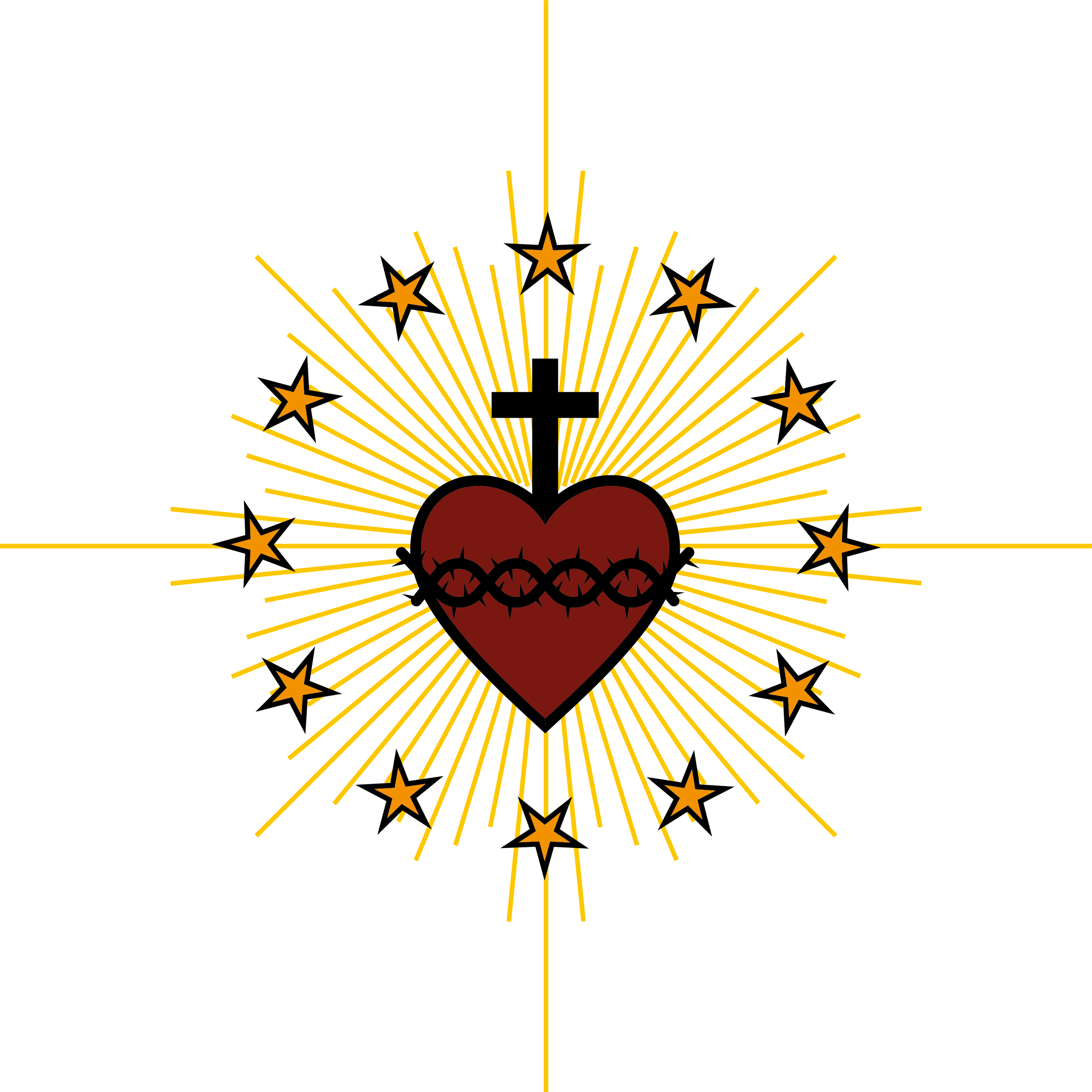Written by
Linus Ödell
Summary article: Genesis One – Summary
The reasons to believe that Genesis 1 is an account of God making the cosmos to be his temple are many, and better and more deeply explained elsewhere. I hope this article will briefly summarize the arguments and ideas, and point onwards to where one might dive deeper into it, with the great scholars who way more than I deserve deserve you reading their works.1
Divine Rest
To start of with: the prominence of the seventh day. It’s been a tendency, likely from times of ancient orthodoxy, to claim the sixth day and the creation of mankind as the pinnacle of the narrative.2 Certainly there is a case to be made here, as we’ve already discussed previously man is the image of God, put in creation to rule in his place. In this sense man is indeed the pinnacle of creation, but in another sense this is a false claim. The narrative leads up to the seventh day, with God resting. For the ancient person there would have been an obvious meaning here: gods rest in temples, and only in temples.3 This is the purpose of a temple, both the Biblical one where the presence of God dwelt and in every surrounding culture.
The cosmos as a temple
This makes sense, the temple itself is a microcosm,4 representing the world. It also makes perfect sense of the sevenfold structure, echoed both in the creation of the tabernacle5 and the dedication of the temple.6 It makes sense of the similarities mentioned before with the “lamps” in the sky, and the bread of presence, and of course the image. This idea is explored further in Genesis 2, which is a story for another day, but a near explicit affirmation of this theology (if the reader is not yet convinced is to be found in Isaiah:
Thus says Yhwh:
The heavens is my throne, and the earth is my footstool,
Where is this house that you will build for me?
And where is this place of my rest?
For my hand has made all this,
And so were all these things.
Declares Yhwh.7
Clearly a polemic against a temple (usually believed to be the construction of the second temple, and this being the work of an anonymous prophet, but we’ll disregard that debate for now), the prophet claims in opposition to a vain attempt to once again house God in a building that the entire world is God’s temple, that is, his dwelling. This until recently under-recognized and as such under-utilized part of theology is groundbreaking, because more than anything it shows that the Christian belief that God once again dwells with man in the form of the Spirit, and in Christ Jesus, is more a recapitulation of the first chapter of the Old Testament than almost every Christian since the earliest days has fathomed. It shows that far from being a de-novo un-jewish development Christianity is the fulfillment of the Jewish scriptures in ways which were not being guessed by the contemporary or later rabbis. In the words of John’s Apocalypse:
Behold, the dwelling place of God is with man.8
Further reading
- Walton, J. H. (2009). The lost world of Genesis One: Ancient cosmology and the origins debate. InterVarsity Press.
- Walton, J. H. (2001). Genesis: From biblical text to contemporary life (The NIV Application Commentary). Zondervan.
- Beale, G. K. (2004). The temple and the church’s mission: A biblical theology of the dwelling place of God. InterVarsity Press.
- Walton, J. H. (2011). Genesis 1 as ancient cosmology. Eisenbrauns.
- Levenson, J. D. (1988). Creation and the persistence of evil: The Jewish drama of divine omnipotence. Princeton University Press.
- See further reading at the bottom of the page. ↩︎
- For a modern example, see: Whybray, R. N. (2001). Genesis. In J. Barton & J. Muddiman (Eds.), The Oxford Bible commentary (p. 42). Oxford University Press. ↩︎
- Walton, J. H. (2001). Genesis (pp. 156–167 in the ebook). Zondervan. ↩︎
- Levenson, J. D. (1988). Creation and the persistence of evil: The Jewish drama of divine omnipotence (pp. 90–99). Princeton University Press. ↩︎
- Exodus 25-31 ↩︎
- 1 Ki 6:38; 1 Ki 8:1–2, 65 ↩︎
- Isaiah 66:1-2b, my translation. ↩︎
- Revelation 21:3 ↩︎



